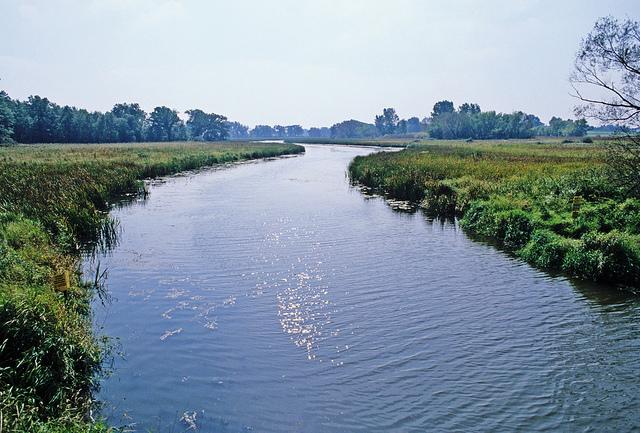The Wisconsin legislature recently signaled its potential willingness to address PFAS contamination this session, following the release of research showing troubling levels of toxic chemicals in the waters of Green Bay. In his State of the State address, Gov. Tony Evers said he planned to dedicate $100 million more of his budget to taking action against PFAS contamination.
The state Senate convened for a hearing a month after University of Wisconsin researchers determined the chemicals were present in the region’s water basins, bringing both sides of the political spectrum to the table as the threat to Wisconsinites’ drinking and recreation water continues to grow.
PFAS are chemicals used commonly in cookware production and fire-extinguishing foams. When exposed in their raw form to the human body, consequences can range from cancer to a variety of other health problems. The Wisconsin Department of Natural Resources is now recommending that communities in the area abstain from catching fish or drinking water from the contaminated water systems until further notice.
Wisconsin’s contamination conundrum is only a drop in the ocean of problems facing America’s waterways right now. On the West Coast, the region’s megadrought has only worsened in recent years, leaving several states with diminishing sources of drinking water and irrigation for agriculture.
The Colorado River provides water to nearly 40 million people across seven principal Western states, and its supply is used in a multitude of ways, from providing a habitat for a diverse wildlife and flora landscape and clean drinking water for residents in the West to being used as a renewable power source. The river is also a source of livelihood for 22 federally recognized tribes and 11 national parks. But, the waterway is in serious danger of drying up.
Neither coast is safe from this distressing decline in water supply and safety. Eastern states along the southern Atlantic often experience clean water shortages due to the increasingly common hurricanes hitting the shore.
The United States’ water systems are under increasing duress, and the effects are being felt at every level of society. From the national pressures to distribute water to states lacking in access to the individuals in Green Bay living next to contaminated depositories, we are facing a water crisis.
More needs to be done across the country at every level of government. While the West focuses on portioning the rapidly decreasing water supply in the Colorado River, and water distributors in the East battle consistent disruptions from hurricane damage, Wisconsinites must take action to preserve our own freshwater basins.
With water becoming increasingly scarce, every drop is sacred. Wisconsin is at a critical juncture in its battle against climate change. This is a golden opportunity for state senators from both sides of the political spectrum to come together and take hard, consistent action to clean up our waterways.
Fiona Hatch (fhatch@badgerherald.com) is a senior studying political science and international studies.


